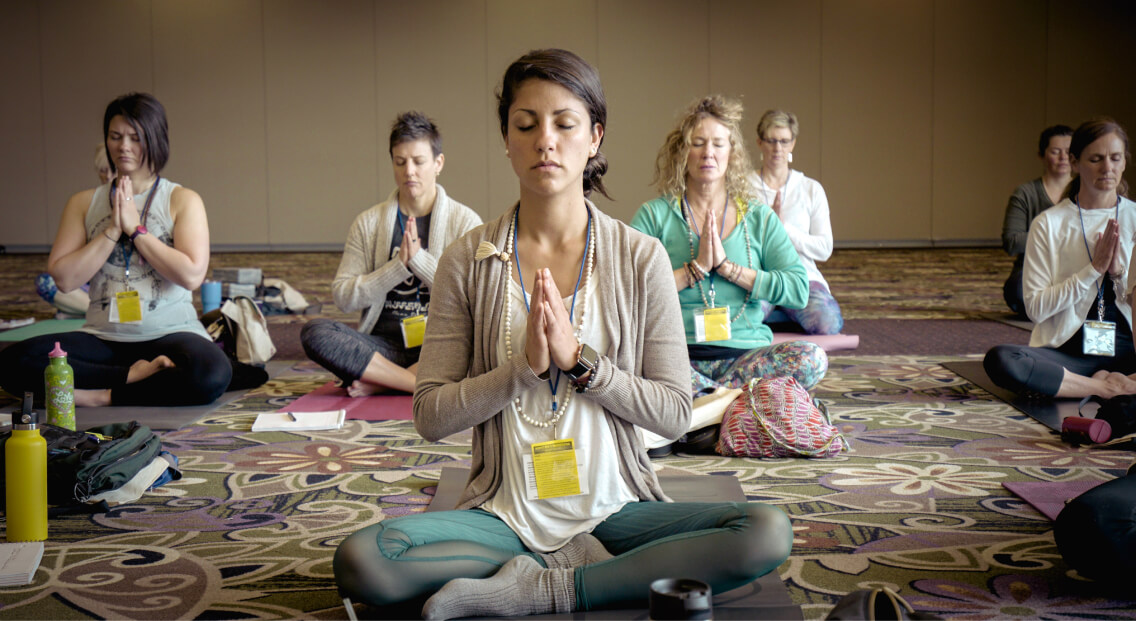We have spoken about various forms of Yoga in our earlier Posts. Zen-Yoga is also a blend of yoga with Zen Buddhism. It is centered on physical postures (asanas) practised to align the body and create a healthy life, social ethics, breath control (pranayama), mindfulness and meditation which provides self-awareness. Wikipedia zen yoga combines the physical postures (asanas) of yoga with zen Buddhist practices and focuses on the bodymind.
Inspired by something like Aaron Hoopes’ “Zen Yoga: A Creative Psychophysical Practice for Life” and Peter Ralston’s “Zen Body-Being: An Enlightened Approach to Physical Skill, Grace, and Power,” Zen Yoga is a complete philosophy of life that covers physical ease, mental peace, and spiritual calm.

The Philosophy Behind Zen Yoga
Fundamentally, Zen Yoga is about simplicity and awareness. It’s about tuning in to the present, releasing unnecessary tension and linking into life’s natural flow. Zen Yoga isn’t about achieving advanced poses or intense workouts. Rather, it emphasizes soft moves, active breathing and forming a strong connection with your body and mind.
As Peter Ralston describes it in Zen Body-Being, training is what gets you to a place of “body-being” the mind and body are aligned as a single machine. This inner self-awareness and outward expression not only provides a sense of physical grace, it aids mental clarity and emotional balance.
Key Component of Zen-Yoga
- Mindful Movements
“Zen yoga is a slow and deliberate exercise with emphasis on ‘awareness’ which helps flexibility, strength, coordination and balance. Slower-paced than other yoga styles, these practices help you move more mindfully through familiar poses to release tension and restore alignment with your true rhythm.
In his epic fields, these movements are a “fluid effort” in which the body is arranged with less resistance which increases physical potential and minimizes stress.
- Breath Awarenes
The breath is the connection between body and mind. Pranayama In Zen Yoga, conscious breathing practice (pranayama) is an important aspect. Reign in your mental chatter by focusing on your breath, and things will slow down allowing energy to course through you again as well as developing a stronger relationship with the now.
Aaron Hoopes The following programme focuses on the fact that Mindful Breathing doesn’t just reduce stress it opens us into a meditative state of mind which..well, let’s just say it makes finding your inner voice a whole lot easier.
- Energy Flow (Ki/Qi)
Zen Yoga is inspired by ancient Eastern disciplines such as Tai Chi and Qigong, which aim to promote your body’s natural energy flow (often known as Ki or Qi), encouraging balance, vitality and flexibility. This aligns with the general health and wellness principles.
In Zen Body-Being, Ralston introduces this step-by-step approach to help you feel more at one with nature, recommended to increase balance and power.
Why Practice Zen Yoga?
Enhances Flexibility and Balance The soft, easy flowing movements enhance physical flexibility and balance in your overall being.
Reduces Stress and Anxiety With Zen Yoga, you can still down your brain and clear mental clutter through its exercise of mindfulness practice and breathing.
Boosts Energy and Vitality Zen Yoga works to restore and re-invigorate the body promoting overall health and balance through aligning your energy networks.
Promotes Inner Peace The practice encourages serenity and emotional stability, which will make it easier to handle what life throws at you.

